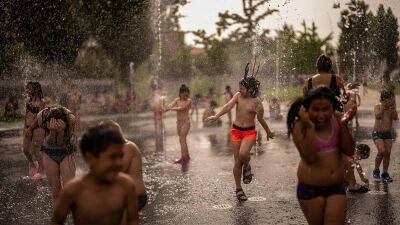Wages have become far less important than the intangible perks of the job
Three-quarters of working-age adults go to work. After all, most of us need to earn a wage. But how much we get paid isn’t the only factor that determines what is a good job.
The friendships we build, or the physical environment we work in, matter too. In focus groups we’ve been conducting all over the country in recent months, people have spoken about how much they value jobs with variety, jobs that give them flexibility to fit work around their lives.
All these other aspects of work can be hard to measure, so economists often stick to wages when comparing jobs – for instance, in measuring inequality. Luckily, not all researchers are that lazy. New work from the London School of Economics uses workers’ self-assessed life satisfaction to estimate the non-pecuniary rewards of different occupations.
Some economists think higher pay is a form of compensation for unpleasant jobs (think long hours in banking), but the researchers find non-pecuniary rewards are generally positively correlated with earnings (with notable exceptions – some low-paid agricultural work boosts wellbeing more than other low wage roles). So higher pay isn’t generally compensation for an unpleasant job – it’s part of the package that comes with a pleasant one.
Adding together the wage and non-pecuniary rewards of each occupation raises the inequalities between jobs significantly (variation increases by a third!) compared with just looking at pay gaps. Gender and ethnicity gaps also rise. Importantly, the returns to education are also higher because a degree doesn’t just get you a higher salary – it leads to a more pleasant job as well. The lesson? There’s more to work, and inequality, than pay.
Torsten Bell is chief executive of the Resolution Foundation.
Read more on theguardian.com




















![Will Magic Internet Money [MIM] become the latest domino to fall - ambcrypto.com - city Autism](https://finance-news.co/storage/thumbs_400/img/2022/6/18/30298_udxc.jpg)
